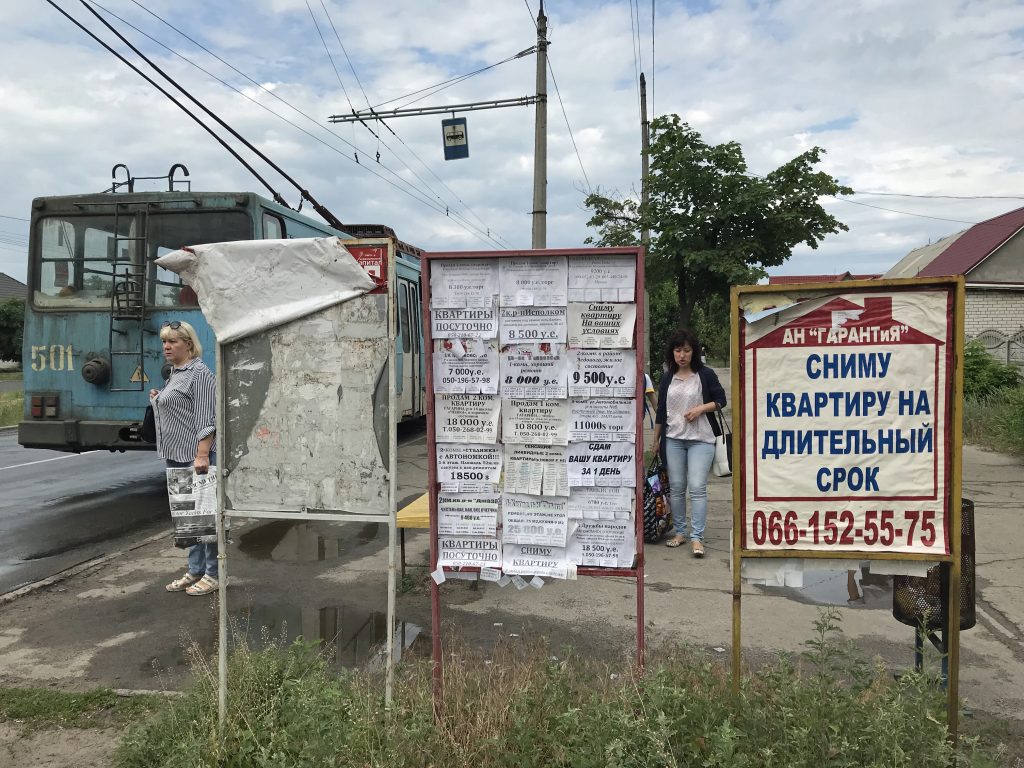In this episode, I am talking with Melissa Weihmayer. Melissa is a PhD Candidate in Regional and Urban Planning Studies at the London School of Economics and Political Science. She has been working on issues of migration and displacement in the legal, policy, and humanitarian sectors since 2010, most recently at the Joint IDP Profiling Service in Geneva.
With a Masters in International Relations from the Fletcher School of Law and Diplomacy, her research is interdisciplinary and mixes qualitative and quantitative methods. Her PhD project studies how local governments respond to situations of urban displacement, especially internal displacement.
🎙Listen to our podcast
In the podcast, we talked about Melissa’s work on internally displaced people and refugees, highlighting the differences between these two groups. Melissa explained why internal displacement is particularly difficult to study, conceptually and politically.
We discussed the particular relationship that cities have with the notion of displacement and the different levels of policies (national, local) being mobilised in this context. Melissa focused on her experience in Ukraine and her current research on London.
Picture: ‘Artifacts of urban internal displacement’

July 2019, Sievierodonetsk, Ukraine: ‘This photo was taken in the outskirts of a secondary city in the Donbas region of Ukraine heavily affected by internal displacement: Sievierodonetsk (or Severodonetsk in Russian). The board contains housing advertisements for short-term and long-term rentals of various sizes. Some come with a ‘warranty guarantee’ and others appear to be informal rental arrangements. Access to affordable and secure housing is one of the most important mechanisms for integration for those internally displaced (NRC 2016). Indeed the majority of IDPs in the region rented or stayed with relatives or friends rather than owned their homes in the area at the time (Luhansk State Regional Administration and Norwegian Refugee Council, 2020). With the substantial increase in population in this small city as a result of the fighting since 2014, rental price increases symbolised the broader impact that internal displacement was having on the city overall, both for those displaced and its non-displaced residents. With over 70% of this city now destroyed by the ongoing Russian invasion (OCHA, 2022), housing is sure to be a massive and urgent need in the months and years to come’.
Read more about this:
- Overview of research on forced displacement in Ukraine on the Refugee Law Initiative blog from this year
- Publication on housing issues of displaced in Ukraine by the Norwegian Refugee Council from 2016
- Special issue in the East Asian Studies journal, including this overview from Gwendolyn Sasse
- New paper on the ‘urban dimensions’ of displacement in Ukraine helpful for geographers in a lesser known area studies journal called the Moravian Geographical ReportsDarling, Jonathan. Systems of Suffering: Dispersal and the Denial of Asylum. London: Pluto Press, 2022.Oliver, Caroline, Rianne Dekker, Karin Geuijen, and Jacqueline Broadhead. “Innovative Strategies for the Reception of Asylum Seekers and Refugees in European Cities: Multi-Level Governance, Multi-Sector Urban Networks and Local Engagement.” Comparative Migration Studies 8, no. 1 (December 2020): 30, s40878-020-00189-y. https://doi.org/10.1186/s40878-020-00189-y.
- The link to the full (open access!) special issue from Comparative Migration Studies is available here: https://comparativemigrationstudies.springeropen.com/innovativestrategiesforasylumseekers

